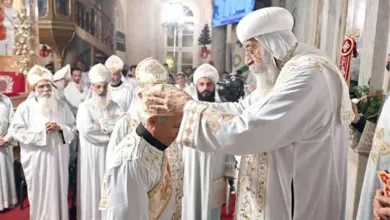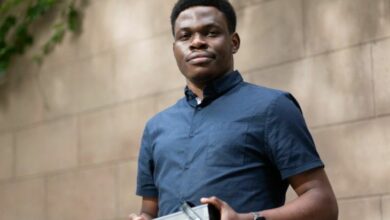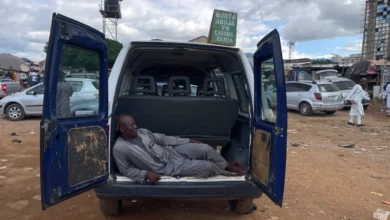Jos, Nigeria–Clashes broke out between armed Christian and Muslim groups near the central Nigerian city of Jos Sunday, a Reuters witness said, after Christmas Eve bombings in the region killed more than 30 people.
Buildings were set ablaze and people were seen running for cover as the police and military arrived on the scene in an effort to disperse crowds. Injured people covered in blood were being dragged by friends and family to hospital.
“There were some skirmishes between the two groups and it’s under control now,” state police commissioner Abdel Rahman Akano told AFP. “One or two houses were burnt.”
The commissioner said the two groups involved in the clashes were “the locals and the so-called settlers.”
The unrest was triggered by explosions on Christmas Eve in villages near Jos, capital of Plateau state, that killed at least 32 people and left 74 people critically wounded.
The Red Cross said Saturday it was not in a position to state the total number of deaths caused by the explosions but confirmed that 95 were seriously injured in hospital. Vice President Namadi Sambo will travel to Jos Sunday.
“The vice president is on his way to Jos to make an effort to quell this crisis,” Sambo’s spokesman said.
The African Union Commission’s Chairman, Jean Ping, expressed shock and sadness at the explosions in Jos and church attacks in Maiduguri.
“He condemns in the strongest terms these cowardly terrorist attacks, which cannot be justified under any circumstances,” said a statement released by his office Sunday.
The US Embassy issued a statement condemning the violence, calling on the government to bring the perpetrators to justice and saying its citizens in affected areas should remain vigilant.
Nigerian President Goodluck Jonathan has expressed his sympathy to the victims’ families and said the government would bring the perpetrators to justice.
“I assure Nigerians that government will go to the root of this,” Jonathan said of the explosions.
“We must unearth what caused it and those behind it must be brought to book.”
The unrest has come at a difficult time for Jonathan, who is running a controversial campaign ahead of the ruling party’s primaries on January 13.
A ruling party pact says that power within the People’s Democratic Party should rotate between the mostly Muslim north and largely Christian south every two terms.
Jonathan is a southerner who inherited office when President Umaru Yar’Adua, a northerner, died during his first term this year and some northern factions in the ruling party are opposed to his candidacy.
Jonathan faces a challenge from former Vice President Atiku Abubakar for the ruling party nomination, and some fear any unrest in Africa’s most populous nation will be exploited by rivals during campaigning.
The governor of Plateau state has said the bombings were politically motivated terrorism, aimed at pitting Christians against Muslims to start another round of violence.
Christians, Muslims and animists from a patchwork of ethnic groups live peacefully side by side in most Nigerian cities.
But hundreds of people died in religious and ethnic clashes at the start of the year in the central Middle Belt and there are fears politicians could try to stoke such rivalries as the elections approach.
The tensions are rooted in decades of resentment between indigenous groups, mostly Christian or animist, who are vying for control of fertile farmlands and for economic and political power with mostly Muslim migrants and settlers from the north.
Police and the army have declined to identify suspects in the Jos bombings and State Governor David Jang would only say “we believe some highly placed people masterminded the attack.”




